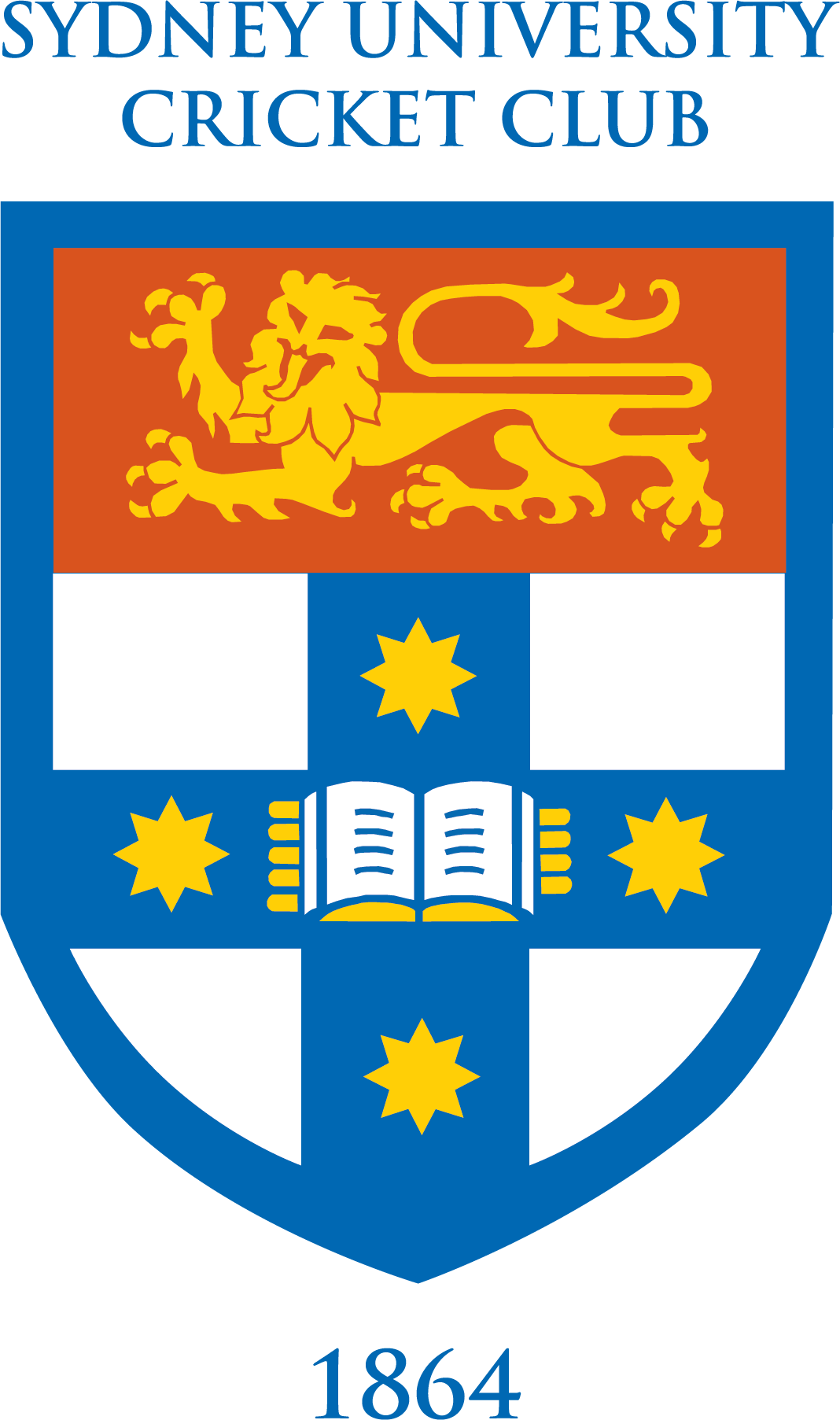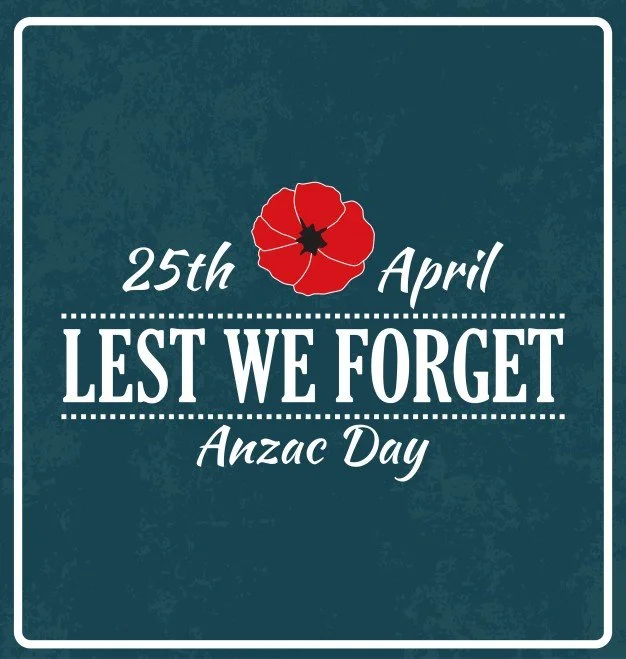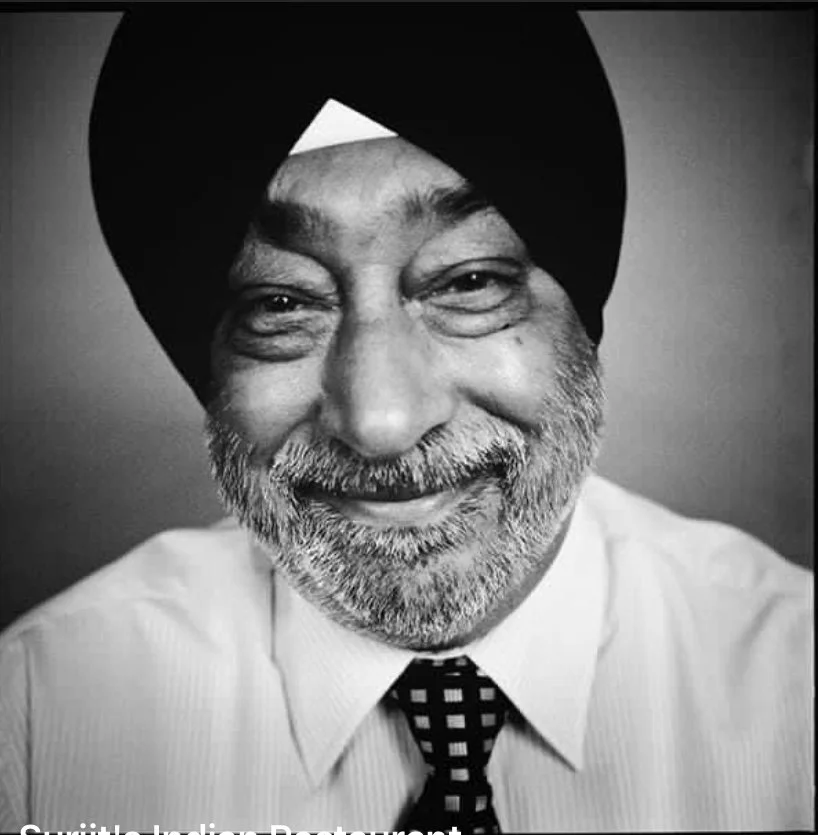ALAN CROMPTON OAM
1941-2022
There is no one in this place today, not one person, who doesn’t feel an enormous debt of gratitude to Alan Crompton. Heartfelt tributes have poured in from far and wide. We are united in grief, while we express our heartfelt sympathies to Gabby and Jo and all Alan’s family.
Those of us who knew Alan so well, those of us who played with him in the same cricket club for so long, the Sydney University Cricket Club, couldn’t be more proud than to see him so deservedly celebrated here today, even though we are somewhat diminished by his passing.
Simply put, Alan served the game which we all love with such a generous heart and with a graciousness that has been unsurpassed in our 159 year history.
The spirits of those who’ve built our club and who have gone before us are once again with us here today. They stand tall among the generations of our club, our University. Beginning with John Kinloch and Monty Faithfull to Tom Garrett, to Syd Webb, to Skip Morris, to Jim Mackie, to Mick O’Sullivan. They’re all here in spirit to honour the most recent addition to their number, Alan Crompton. The game we play is so much the better for their abiding guardianship of it and their indelible influence and example on all of us.
Incidentally, Judy O’Sullivan said that somewhere in the Elysian Fields Micko is bowling into a gentle breeze while Crommo crouches expectantly behind the stumps.
The Club we all have played for is in its current golden era undoubtedly because of their vision and in particular because of Alan’s unfettered enthusiasm spanning the generations. In all that time, no one has served for as long as Crommo did. 61 years of continuous service. Firstly as a player, a peerless wicket keeper, a batsman who scored over 7000 runs in Grade cricket. A Premiership winner, a captain. Then, as he scaled the administrative ladder, Honorary Secretary of the Club, a Vice President, Delegate to and Chairman of Cricket NSW, Chairman of the Australian Cricket Board (now Cricket Australia), Manager of numbers of Australian teams overseas including the victorious World Cup winning side of 1987, President of the Club for 22 years, Life Member, Patron of the Club for another 20 years. A Blue for Cricket, a Gold for Cricket, a Blue for Baseball. Honoured by Her Majesty in the Queen’s Birthday Honours list.
Now all those achievements and all those titles don’t necessarily tell us much about the man, except that one word in front of ‘Secretary’. ‘Honorary’. All Crommo’s indefatigable work has been largely unpaid, unrewarded financially but mightily rewarding for everyone else who appreciated him, respected him, admired him, loved him.
His profession was the Law. We remember that he was part of the only legal team in the world to defeat Mr Packer in court at the time of World Series Cricket. But cricket was his vocation.
Now we all know that Crommo has had a rather deserved reputation for the verbose, loquacious, prolix, periphrastic even. Brevity was a word that never appeared in his lexicon. Ed Cowan once observed that in the inflexibility of the twitter age where messages were reduced to 140 characters, 140 minutes was still not long enough for Crommo.
I know that his meticulous and legalistic attention to detail could be exasperating but it always provided opportunities for good-natured satire.
In 1963, he headed a sub-committee which was to report on the issue of practice balls. The following resolution was faithfully recorded in the Club’s Minute Book, and it read:
“Resolved that there be a book, entitled the ‘balls book’. This book is to account for the issue of all new balls and the return of all old balls. The groundsman is to have custody of the book and to make it available for perusal by the committee from time to time as the committee shall determine.”
Priceless!
When the Club was faced with the greatest threat in its history, one of Crommo’s sub committees once again saved us. The issue concerned the price of after match beer cans in 1973, a year of rampant inflation in Australia. Should we sell them for 30 cents a can or should we put the price up to 35 cents? After rather protracted and exhaustive discussions during which the rate of inflation undoubtedly overtook the original question, Crommo reported that we could now buy 3 cans for $1.
Priceless!
On field incidents seemed to follow Crommo around. An opposition batsman hit the ball far into the outfield on No1 Oval. Fieldsmen gave chase until the ball was retrieved metres from the fence. Meanwhile, Crommo, hastening up to take the throw, slipped and careered into the stumps sending them flying. The throw was on its way as Crommo desperately tried to remake the stumps scrabbling around looking for bails amidst the wreckage. He flung his glove off just as the ball reached him and he attempted, unsuccessfully, to catch it while it sailed over his head. No one had thought to back the throw, possibly because they were all in paroxysms of laughter. The batsmen kept running, the stumps still askew. The result? 5 runs. Bails still scattered on the ground. Crommo searching desperately for his abandoned glove.
Priceless!
As with everything on and off the field, Crommo was unfailingly cheerful and optimistic even in the face of potential disaster.
He looked after a club where friendships are cherished, where relationships are lasting, where generosity and self-sacrifice are mixed with much laughter and fun and enjoyment. Crommo lived those ideals, especially through his natural generosity. Time after time, he put the club first, the team first, other players first. Significantly, the club always went back to Crommo.
When we won, Crommo was gracious. When we lost, Crommo was gracious.
He won two 2nd Grade premierships, 16 years apart. The tears of joy that he shed after the last thrilling moments of the pulsating Grand Final of 1980 were proof to the younger players of just how much this triumph really meant.
In Crommo’s estimation, people were at their best when playing cricket with a generosity of spirit. He gave us the gift of time and a deictic example of playing for the sheer love of the game, a love of the club and of its players that endured for 61 years, not through money or facilities or mercenary players but by sheer goodness where he made sure that each player and each supporter belonged from the very first moments that they turned up, where sacrifices were made to invigorate, to build, to sustain the community of Sydney University cricket.
It's hard to think of the Sydney University Cricket Club without thinking of Crommo. He has mirrored the club to itself and he has given expression to its soul.
Now, Crommo is gone….
But not quite.
He could never leave on time anyway.
But his undoubted legacy lives on.
Even though something of our soul goes with him.
We will carry on in his name because his was an exemplary life, lived for us, in the service of others.
And as we say in ancient Rome
Euge bone serve et fidelis.
Well played, Crommo. Good and faithful servant of our great game!
Well played. Good and faithful friend of us all.
James Rodgers
24 April 2022.








